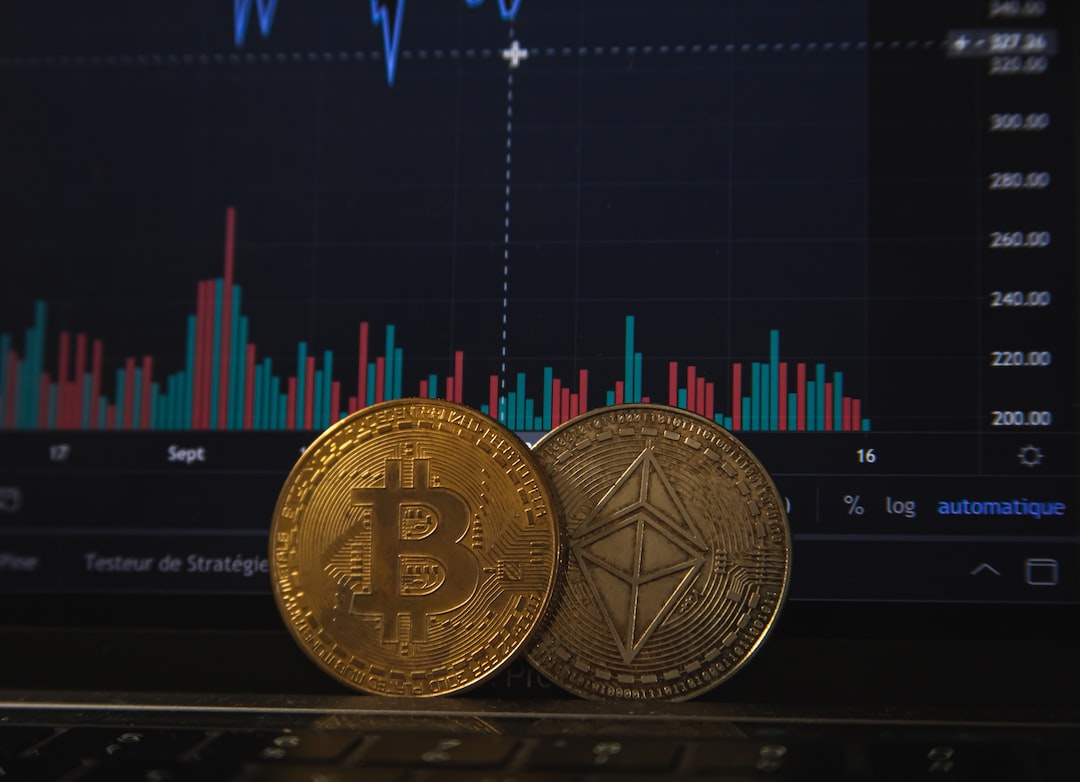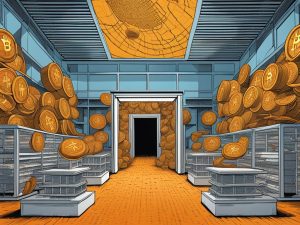Long-Term Bitcoin Holders Accumulating More Coins: Glassnode
According to data from Glassnode, long-term Bitcoin (BTC) holders are accumulating more coins as shown by the decreasing balances on top exchanges. The amount of “HODLed” or lost coins reached a five-year peak at 7.841 million BTC, or $213 billion. This includes Bitcoin balances that have not been touched for an extended period and accounts for long-term holdings and funds stored in older addresses. Bitcoin’s liveliness, which measures the proportion of total coin days destroyed, has also increased. On the other hand, Bitcoin held on exchanges has hit a five-year low at 2.26 million BTC, potentially due to regulatory pressure on Binance.
Regulatory Pressure and Outflow from Binance
- Recent regulatory scrutiny on Binance may be contributing to the outflow of Bitcoin from exchanges.
- Binance currently faces accusations from the US Securities and Exchange Commission (SEC) regarding potential legal breaches.
- The exchange has been accused of non-compliance in various countries, including the US, UK, Japan, Germany, and Thailand.
- Increased regulatory pressure on Binance and concerns about its adherence to securities rules have led to a decrease in Bitcoin held on exchanges.
Binance’s Response and Strengthening Compliance
- Yi He, a major stakeholder in Binance, has defended the company’s stance and acknowledged the importance of regulation for investor protection.
- Binance has added former compliance experts to their legal team and suspended certain offerings in order to address compliance worries.
- The company aims to find common ground with regulatory institutions and maintain its standing in the competitive crypto sphere.
Hot Take
The decreasing balances on top exchanges and the increasing amount of “HODLed” coins suggest that long-term Bitcoin holders are optimistic about the future of the cryptocurrency. However, the regulatory pressure on Binance and the outflow of Bitcoin from exchanges indicate the need for greater compliance within the crypto industry. This ongoing scrutiny may lead to increased regulations and potentially impact the overall market.





 By
By
 By
By

 By
By
